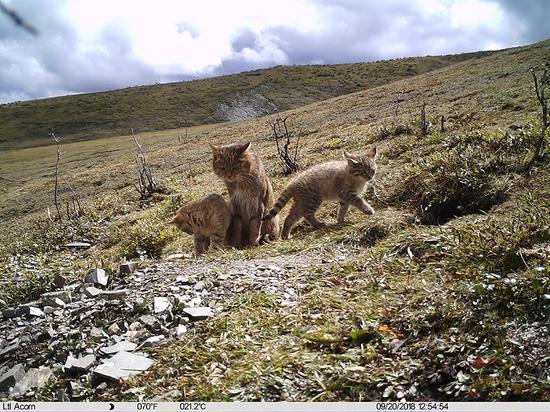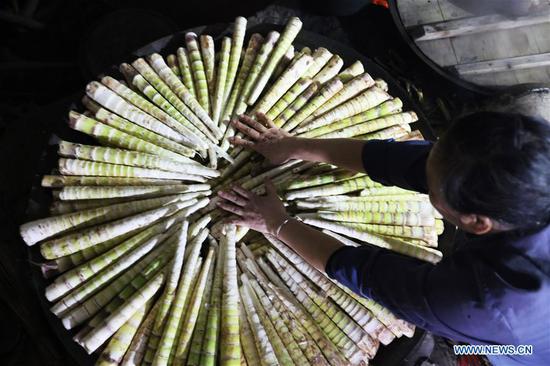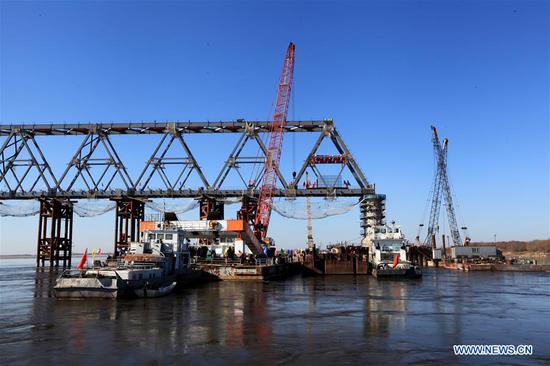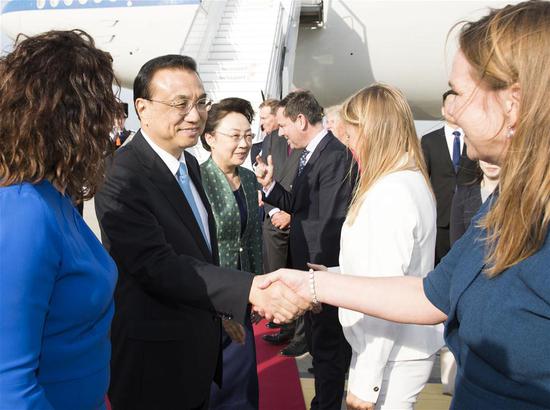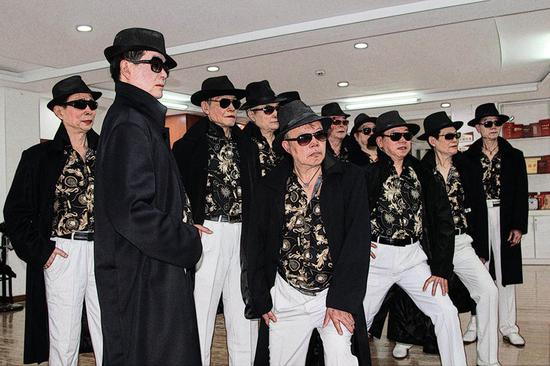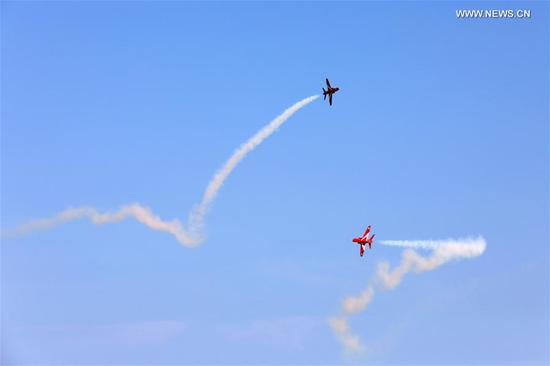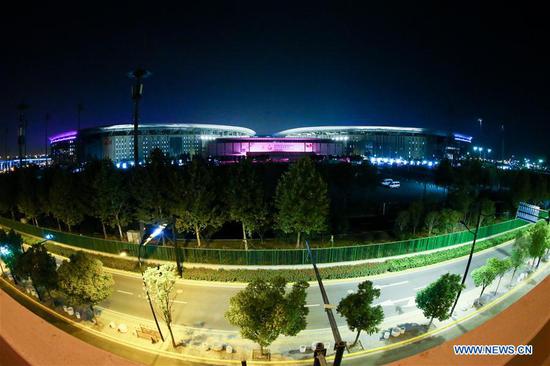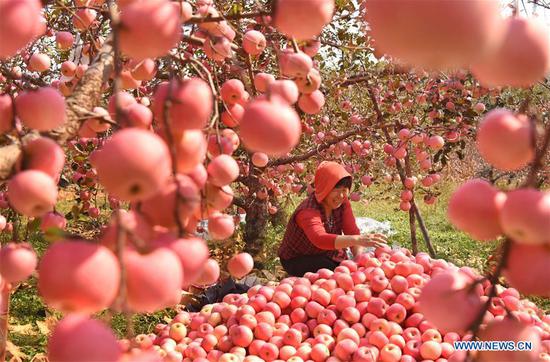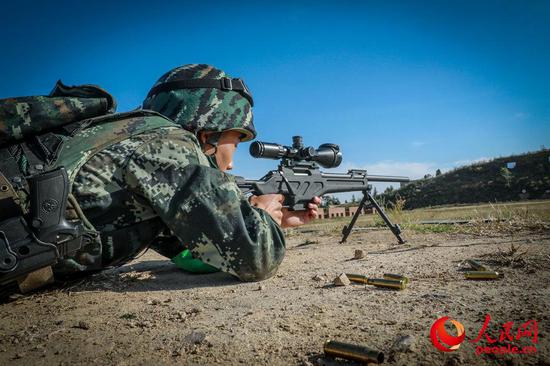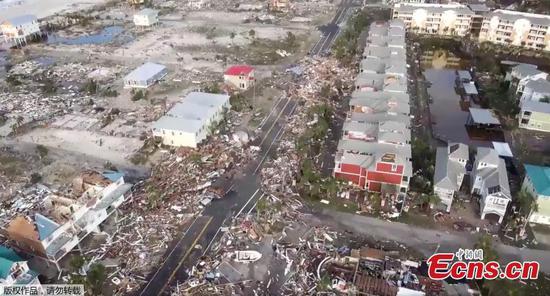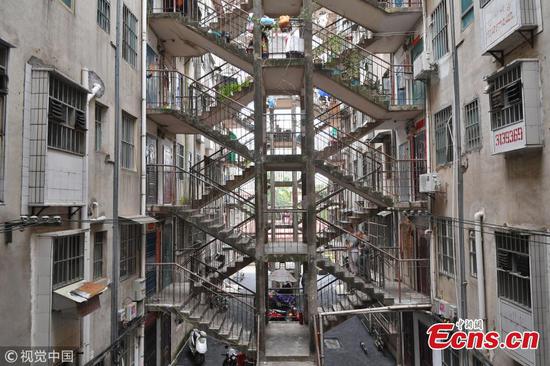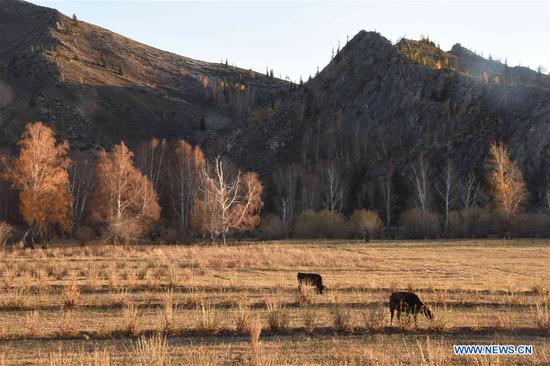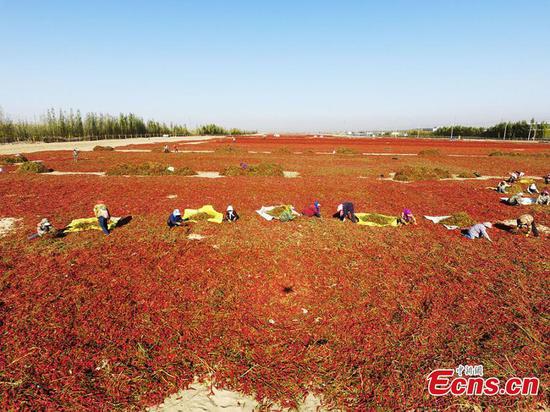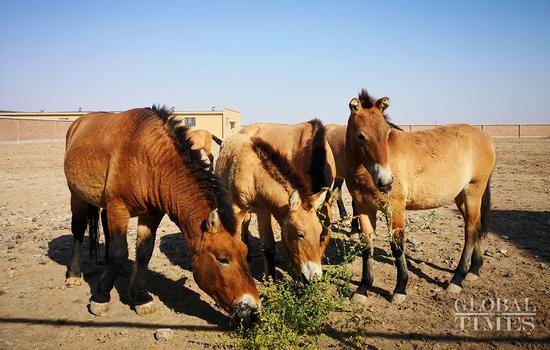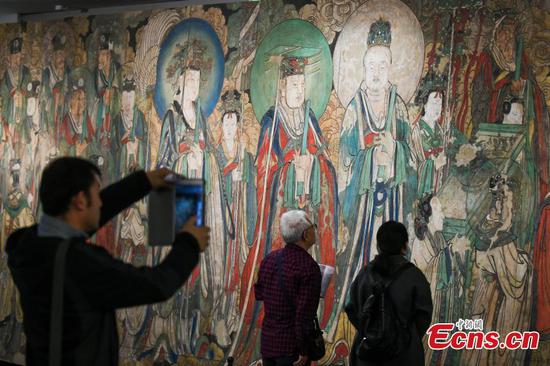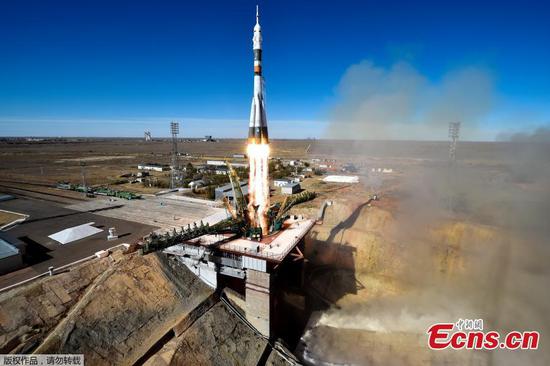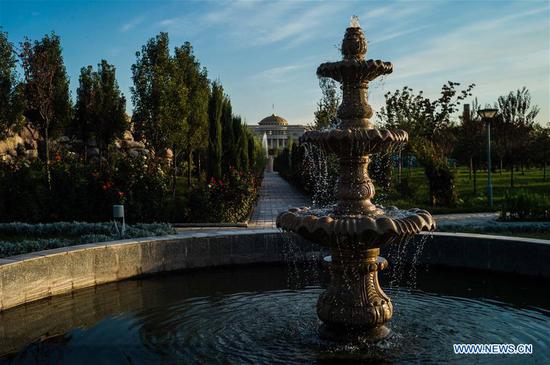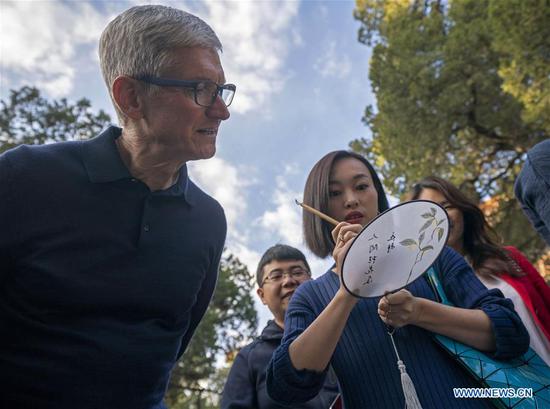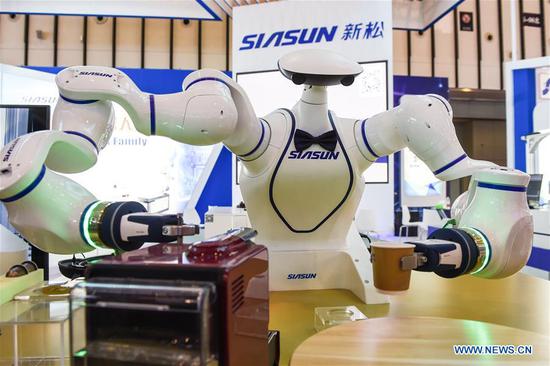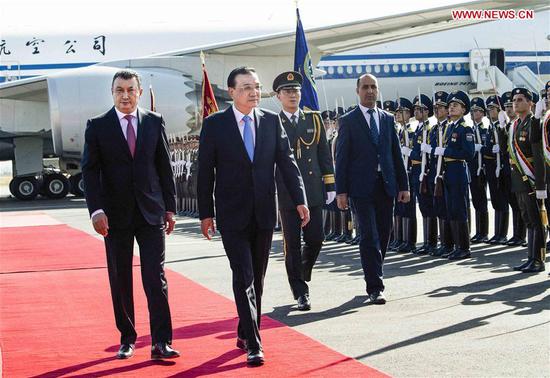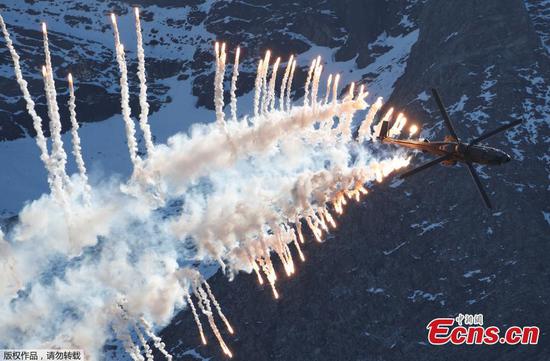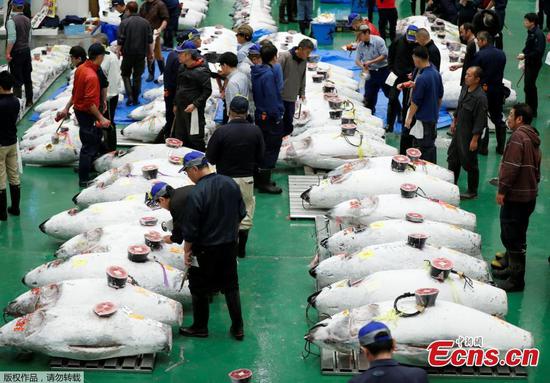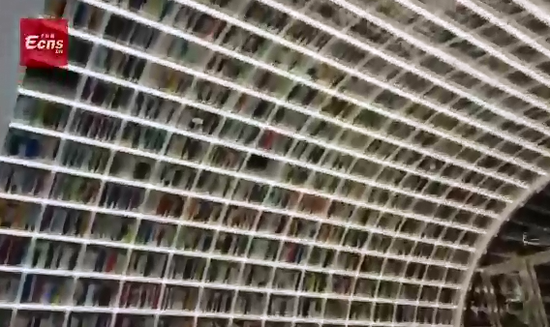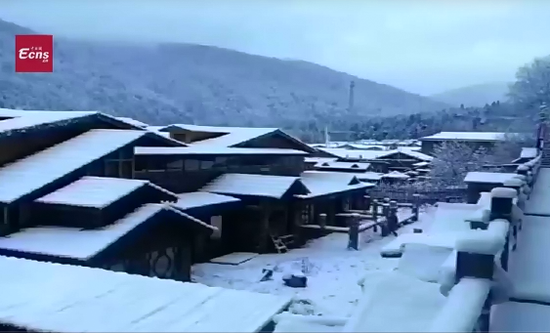Beijing experts blame volatile organic compounds (VOCs) in hair spray, perfume and air refreshers in the city's air pollution problem, saying these compounds comprise 12 percent of PM2.5 in Beijing, and call for regulating these "less significant" sources.
VOCs are concentrated in aerosols like perfume, hair gel, insecticide and cleaning agents, as well as kitchen and gas stations, Wang Gengchen, a research fellow at the Chinese Academy of Sciences' Atmospheric Physics Institute, told the Global Times on Sunday.
These VOCs do not directly produce PM2.5, but generate particle pollutants through a series of physical and chemical reactions, Wang said.
His comments came after some Chinese news reports said Beijing's air pollution problem has something to do with VOCs.
A Beijing Municipal Environmental Protection Bureau report released in May said that life emissions account for 12 percent of the city's total emissions, which equal industrial emission sources, Xinhua News Agency reported.
Shi Aijun, deputy dean of the Beijing Academy of Environmental Sciences, told Science and Technology Daily that the proportion of pollution caused by everyday life activities is increasing in Beijing.
"The data is only an estimate," Wang said, adding that the ratio will decline in winter when coal burning increases and urban areas will see a higher concentration than the suburbs.
Policies should be made to deal with indirect pollution sources since strict measures have already been taken on vehicles and coal burning which contribute to almost half of the total PM2.5 in Beijing, Wang said.
These "less significant" sources [VOCs] should not be ignored, Peking University professor Tang Xiaoyan said in an interview with Science and Technology Daily on Saturday.
Before the Beijing Olympics, even laundry stations in Beijing were forced to suspend work, Tang said.
China has been fighting a tough war against smog for years.
The Beijing Municipal Environmental Protection Bureau reported on Thursday that from January to September, the average concentration of PM2.5 in Beijing dropped by 16.7 percent compared to last year.
PM2.5 density in January, August and September reached a record low since the bureau started gathering data.










